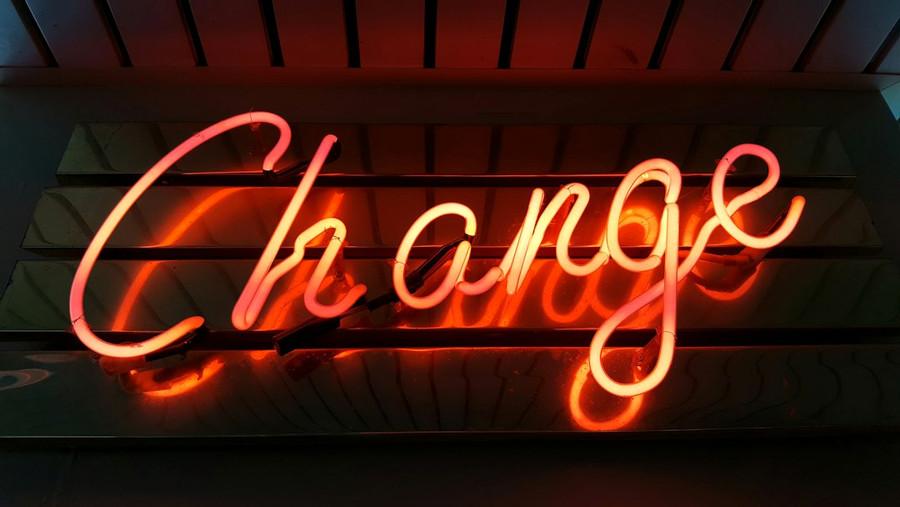The 2,000 Year Old Temple Inscriptions That Sum Up How Self-Improvement Works
Curated from: forge.medium.com
Ideas, facts & insights covering these topics:
6 ideas
·1.15K reads
9
Explore the World's Best Ideas
Join today and uncover 100+ curated journeys from 50+ topics. Unlock access to our mobile app with extensive features.
Great Advice On Temple Inscriptions
During the height of Ancient Greece’s influence, one could go to Delphi and visit the renowned Temple of Apollo. It was one of a series of temples built around 550 BCE. Unfortunately, it was destroyed under the influence of Roman emperor Theodosius I, around 390 CE.
In one of the pillars in the forecourt of that temple were carved, 3 maxims — said to have been the best advice of the revered 7 sages of ancient Greece. They were:
- Know thyself.
- Nothing in excess.
- Certainty brings ruin.
57
303 reads
Know Thyself
Self-improvement is actually just ongoing, iterative self-discovery.
We can’t improve what we don’t understand. And so many of us don’t understand ourselves nearly as well as we think we do. And it’s often during the process of trying to simply find out who we are that we stumble upon the very things that will propel us to incredible personal development.
That’s why reflection is such an important part of the journey of self-improvement. But it also explains why so many people are frustrated by that journey.
55
209 reads
Change Is Always Happening
Because situations are constantly changing, we also change, knowing yourself is not a one-and-done achievement. Rather, you learn, revise, and rediscover things about yourself. Again, this is why reflection is so important. The less you really know yourself, the less you can trust in yourself to follow through on things. And if you can’t trust in yourself, you don’t have much going for you.
55
175 reads
Nothing in Excess
There’s a theory that dates back to the days of Aristotle that says that any virtue is simply the midway point between two extremes. An excess of something or a deficiency in it ends up being a liability.
While people tend to understand that you shouldn’t have too much of anything, they tend to forget that the opposite is true as well. We can get into mindsets where we believe the answer is to impose harsh restrictions on ourselves. No more eating this. No more drinking that. But this mindset is also an example of excess. It can very quickly backfire on you, even with the best of intentions.
52
164 reads
Certainty Brings Ruin
All things being equal, we humans crave certainty. We don’t tend to take risks regularly, and we long for sure things. But anyone who’s thrown down the yokes of comfort to pursue serious personal growth can tell you what happens when you cling to the sure things: stagnation. That stagnation comes by way of dependence.
The way it happens is: You get dependent upon the comfort of the sure things. And after a while, you close yourself off to anything that seems to risk that comfort.
53
159 reads
The Bottom Line
For all the ways the world has changed in the last 2,500 years, there are principles from that time that still represent the best advice for modern living. The 3 discussed here are by no means all-encompassing. But they’re at the very least universal.
Many of the principles and values we adopt can be derived from these three. Alternatively, following these principles can be gateways to finding the specific values and principles that drive our individual lives forward.
46
142 reads
IDEAS CURATED BY
Maxwell D.'s ideas are part of this journey:
Learn more about psychology with this collection
How to prioritize self-care in the workplace
How to adapt to new work arrangements
How to maintain work-life balance
Related collections
Similar ideas
8 ideas
5 ideas
Money Principles I’d Tell My 17-Year-Old Self - Darius Foroux
dariusforoux.com
Read & Learn
20x Faster
without
deepstash
with
deepstash
with
deepstash
Personalized microlearning
—
100+ Learning Journeys
—
Access to 200,000+ ideas
—
Access to the mobile app
—
Unlimited idea saving
—
—
Unlimited history
—
—
Unlimited listening to ideas
—
—
Downloading & offline access
—
—
Supercharge your mind with one idea per day
Enter your email and spend 1 minute every day to learn something new.
I agree to receive email updates





